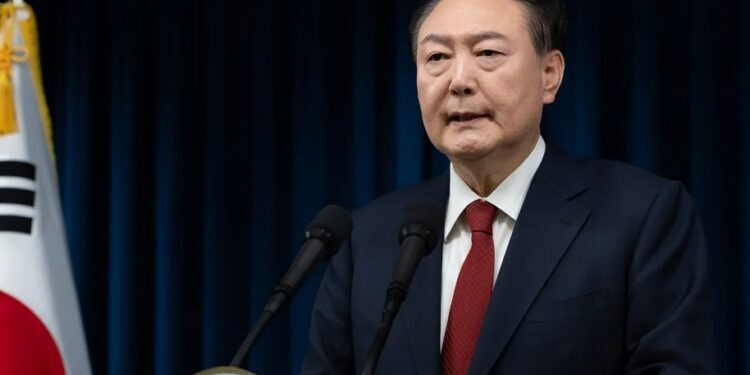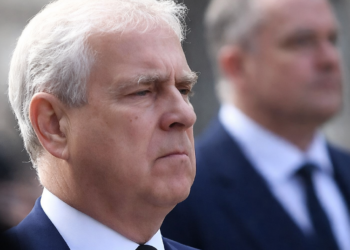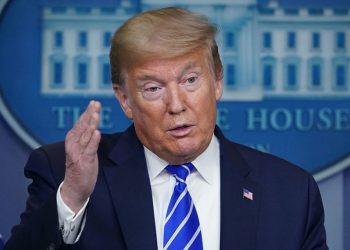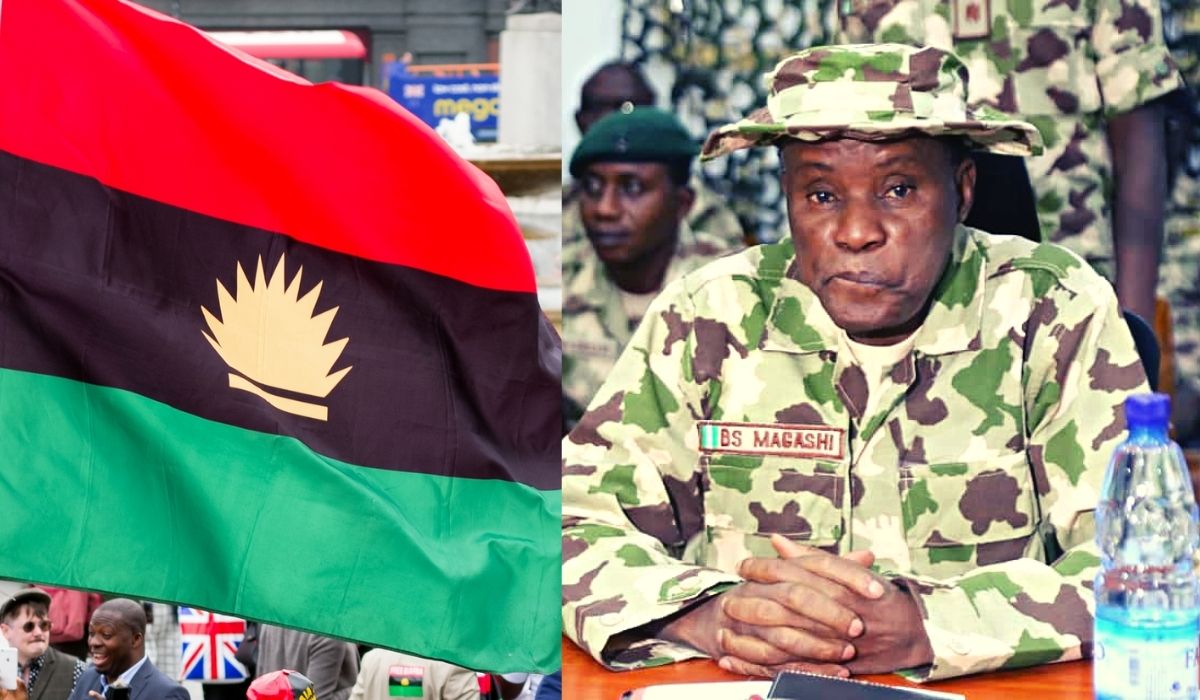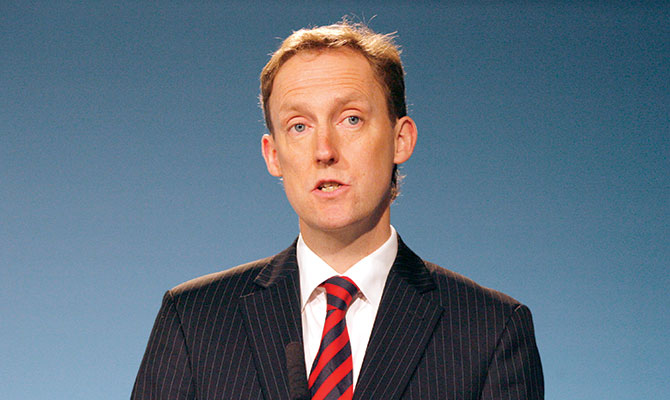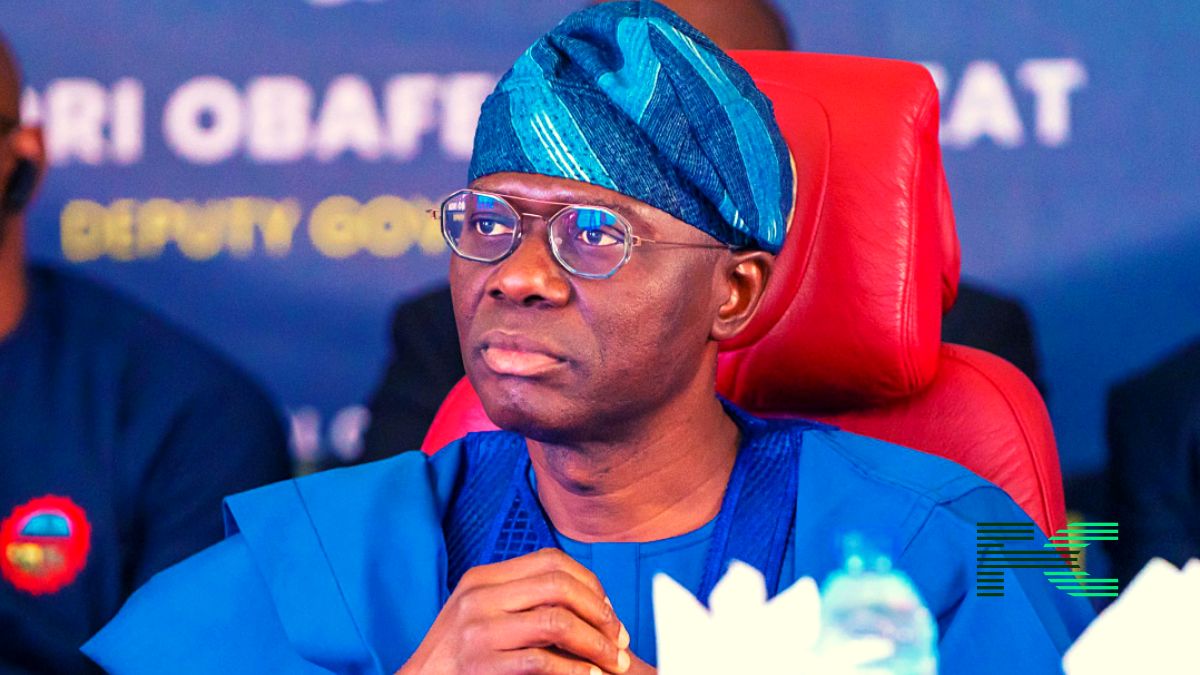South Korea’s disgraced former President Yoon Suk Yeol has been indicted on explosive new charges as a special prosecutor’s investigation into his controversial martial law declaration intensifies. The latest accusations include obstruction of justice, destruction of government records, and blocking arrest warrants—a dramatic escalation in a case that has sent shockwaves through Korean politics.
The embattled ex-leader, already jailed at Seoul Detention Center, now faces mounting legal peril as prosecutors allege he abused presidential authority to suppress evidence and undermine democratic processes. This comes on top of existing insurrection charges, which carry a potential life sentence or even execution under South Korean law. Despite his vehement denials, Yoon’s request for release was denied by the courts this week, signaling the judiciary’s hardening stance.

Why Prosecutors Won’t Back Down
The special prosecutor’s office, appointed in June to handle the politically charged case, revealed in a briefing that Yoon ordered critical records deleted and interfered with arrest warrants—actions they argue were deliberate attempts to obstruct justice. This investigation centers on his December 2024 martial law decree, a short-lived but explosive move that triggered mass protests and his eventual impeachment.
Why It Matters
With Yoon behind bars and silent—his lawyers have yet to address the new indictment—the case has deepened divisions in a country still reeling from political turmoil. There are speculations that the proceedings could reshape South Korea’s power structure, testing the resilience of its democratic institutions. As the martial law probe advances, one question looms largest: Will Yoon become the first ex-president sentenced to death?

